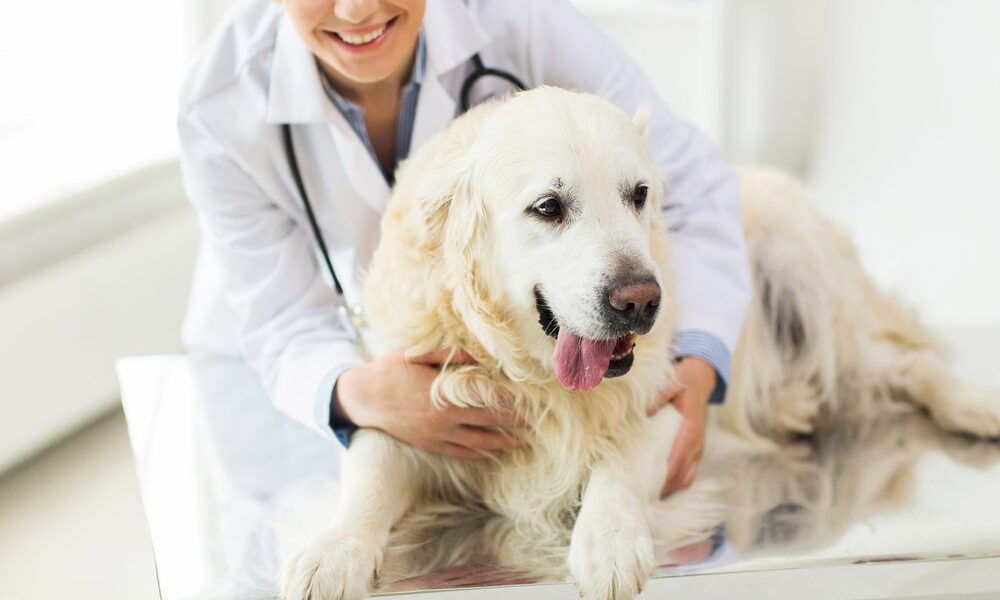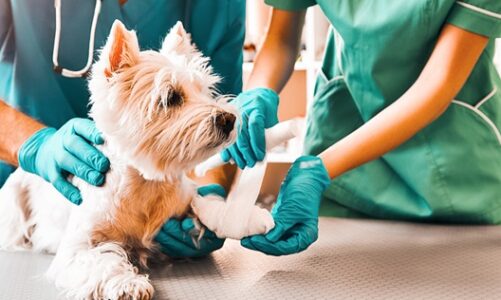In order to guarantee that your pet has a long, healthy, and happy life, it is important to take it for regular checkups at the vet. To ensure your pet lives as long as possible with you, it’s important to take them in for regular checkups once a year or twice a year. As a result of early detection and intervention, your veterinarian will be able to treat a condition when it is still in its infancy, giving your pet a better chance of beating it with medicine and lifestyle changes. Additionally, your pet’s primary care veterinarian may provide suggestions that can help your pet live a longer, healthier life and prevent future health problems.
Your vet’s first goal throughout the examination will be to look for.
The physical exam your vet does may seem like nothing more than a long, loving stroke, yet it reveals a wealth of information. These are some of the things your vet will look for when she examines your pet with four legs:
Ear Infections are a common ailment in both cats and dogs
While yeast or bacterial infections are more frequent in dogs, ear mites are a significant concern in cats; nonetheless, any of these problems may lead to an infection in either species. As time passes without treatment, ear infections may worsen, causing discomfort, inflammation, and a thickening of the ear canal that is more difficult to clean and treat. Furthermore, your vet will look for any growths, like as tumors or polyps, that may need to be surgically removed. The fremont Ohio vet is important here.
Eyes Dogs with flat faces, such as bulldogs, pugs, Persians, and a plethora of others, are at a greater risk for developing eye issues than dogs with rounder faces. Corneal ulcers are more common in flat-faced dogs if their protruding eyes are scratched, whereas schnauzers and cocker spaniels are more prone to developing cataracts and experiencing dry eye, respectively. If you don’t treat your pet’s glaucoma quickly, the pressure in her eyes will continue to rise, causing pain and eventually leading to permanent vision loss. Her eye will have to be removed surgically.
Mouth The vet will examine the mouth for signs of gingivitis, tooth loss, tartar accumulation, and oral tumors because of the far-reaching effects poor dental health may have on your pet’s overall health. A dirty mouth may affect the health of her whole body, including her heart, kidneys, and other vital organs.
Dry, itchy skin and hair loss may be signs of a number of medical issues, including mange, allergies, skin infections, hormonal abnormalities, fleas, and inadequate nutrition. Your pet’s skin and coat condition may be indicative of the animal’s overall health.
Thoracic cavity and pulmonary circulation
Heart rhythm and function problems may affect cats and dogs of any age, although the chance of developing heart disease increases with age. In many cases, a stethoscope is the sole tool available for performing the auscultation that might reveal the first signs of heart sickness. But heart disease treatment is most effective when started at the earliest sign of trouble. Many dogs with heart disease don’t exhibit signs like coughing and movement intolerance until the disease has gone further. If fluid builds up in the chest, as might happen when the heart is unwell, it can lead to wheezing and crackling noises in the lungs.



